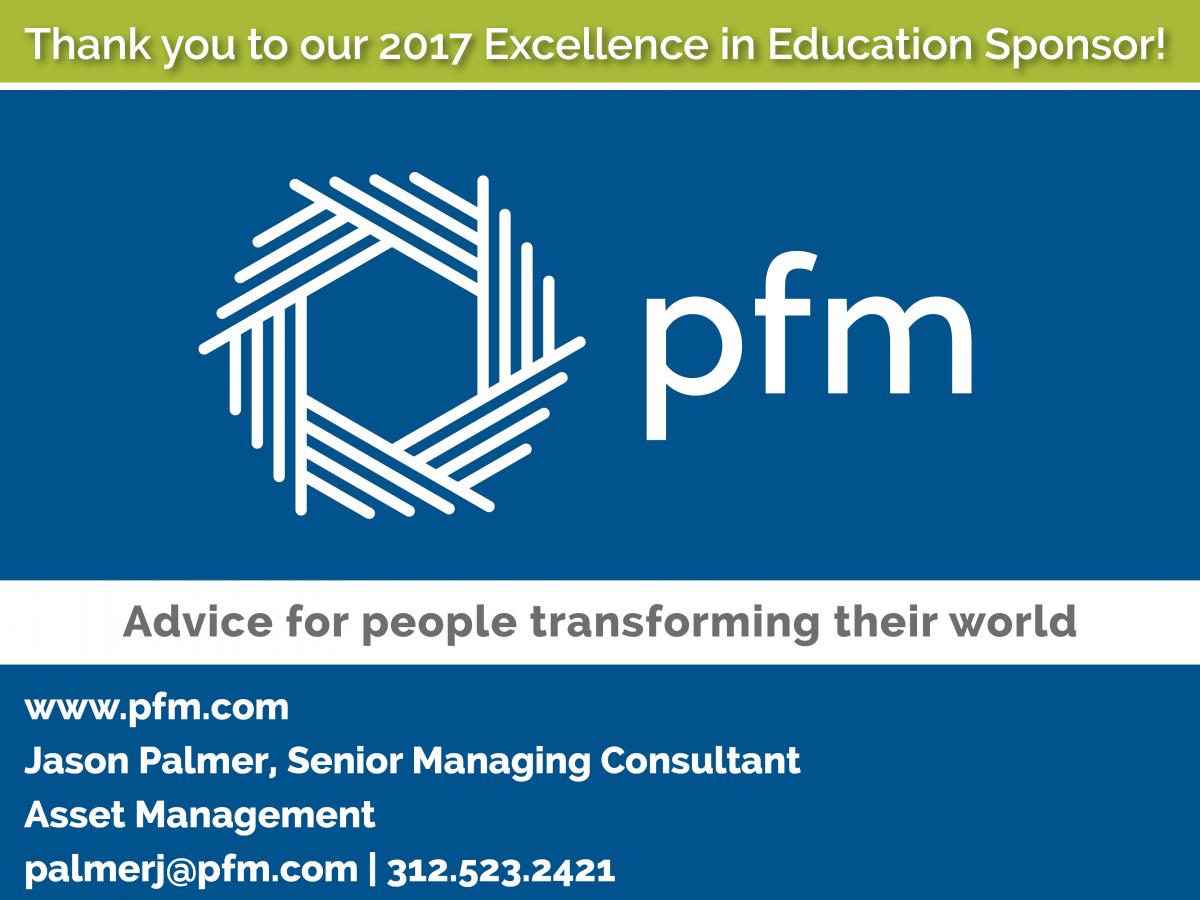2017 Investment Fiduciary Checklist

By Jason Palmer, Senior Managing Consultant, PFM Asset Management LLC
In working with clients, we at PFM have found establishing an annual investment checklist with boards to be a valuable tool to help effectively monitor the key activities of a foundation’s investment program. Even for organizations with dedicated investment staff or investment committees, establishing an annual checklist enables boards to set an investment agenda for the year. This proactive approach helps to maintain a disciplined structure for evaluating new investment strategies, changing donor needs, along with benchmarking key success drivers to help ensure that the investment program is managed in an efficient and effective manner.
To that end, we have provided a list of seven key items and questions that may help your board develop its own annual investment fiduciary checklist.
- Revisit the Spending Policy
- Is it flexible and structured for the long-term?
- Does our organization rely greatly on the income generated from the endowment portfolio?
- How could future investment market performance influence our spending plans?
- Have we evaluated different methods of calculating spending policy?
- Update the Investment Policy Statement
- Have we created a process to annually review the investment policy statement?
- How might the implementation of new investment strategies affect the policy?
- How does our investment policy structure compare to our peers?
- Discuss any Regulatory/Financial Reporting Updates
- Does our board understand the new financial reporting changes?
- How might changes to the U.S. Department of Labor's Fiduciary Rule impact our investment advisor relationship?
- Perform an Annual Fee Benchmarking Study
- What are our total investment expenses (advisor + fund manager fees)?
- Are the endowment’s investment returns greater than our annual investment fees over time?
- How might we adjust the portfolio to help drive down investment expenses?
- Have our alternative investments been beneficial net of fees?
- Assess Investment Performance vs. Foundation Objectives and vs. Peers
- Are the portfolio returns exceeding performance objectives over 5- and 10-year periods?
- How do our returns compare against our peers or others with similar long-term goals?
- How do we evaluate whether or not our portfolio is still structured appropriately to achieve our long-term expectations?
- Are donors pleased with the returns? Does our staff have the resources and expertise to answer donor questions about performance?
- Evaluate Investment Committee’s Governance Structure
- Does the investment committee have the breadth of resources and time to make decisions for the endowment portfolio?
- Should we use a consulting or discretionary advisor model? What’s the difference?
- Learn About New Investment Topics and Trends
- Is socially responsible investing (SRI) or impact investing right for us and our donor base?
- What types of investment strategies can have a direct/tangible impact on our county?
- Should all endowed funds be invested with the same asset allocation?
- Should the board attend conferences/seminars to facilitate the exchange of ideas amongst peers?
Go here, to download a free copy of this checklist.
For more information, please contact Jason Palmer by phone at 312-523-2421 or by email at palmerj@pfm.com.
About PFM
PFM is the marketing name for a group of affiliated companies providing a range of services. All services are provided through separate agreements with each company. This material is for general information purposes only and is not intended to provide specific advice or a specific recommendation. Investment advisory services are provided by PFM Asset Management LLC (PFMAM) which is registered with the Securities and Exchange Commission (SEC) under the Investment Advisors Act of 1940. A copy of PFMAM’s Form ADV, Parts 2A & B is available upon request. PFMAM manages and advises on over $112.2 billion in total assets (as of 12/31/16) and partners with non-profit, public, and other institutional organizations.

